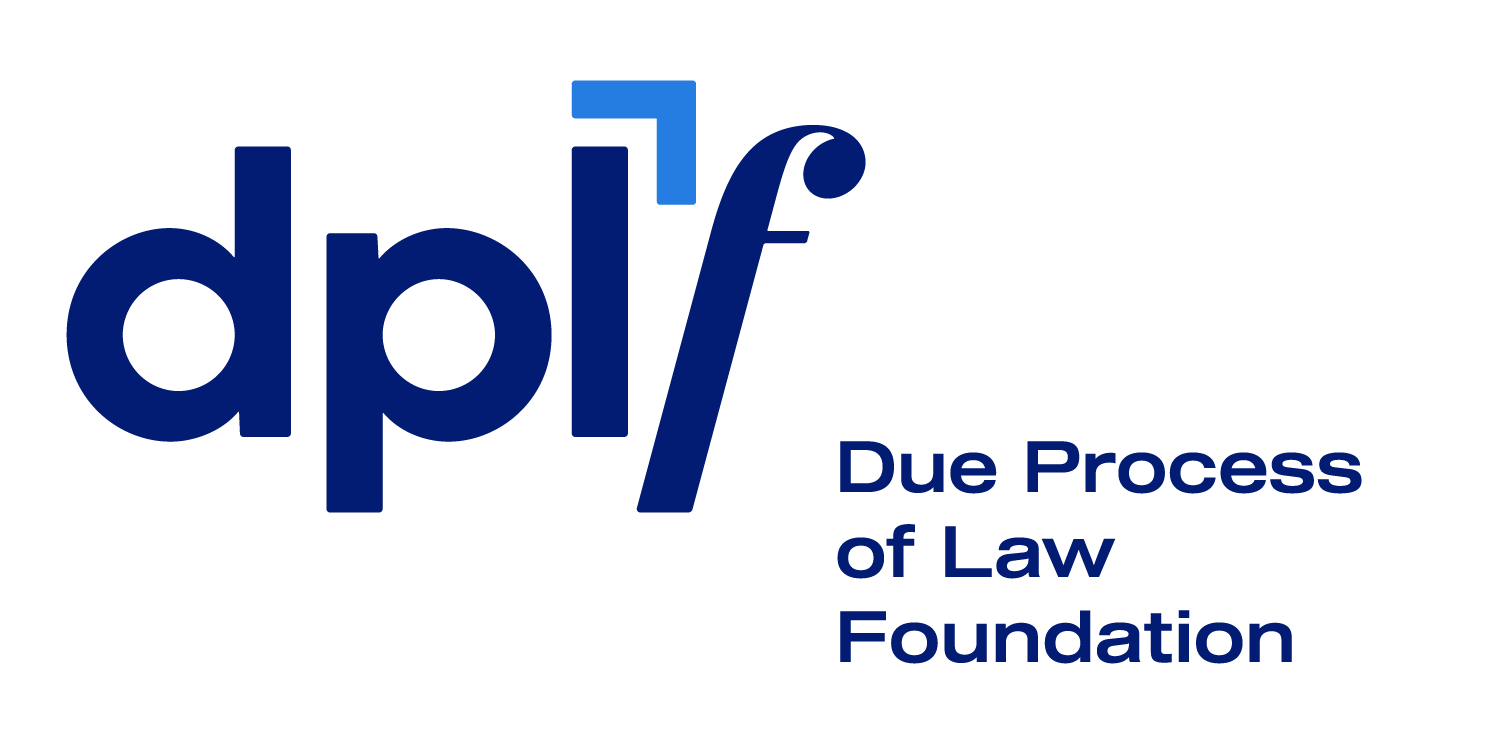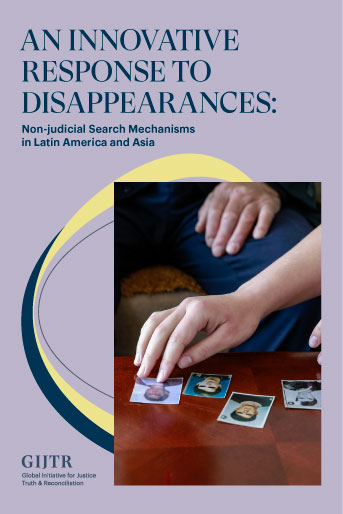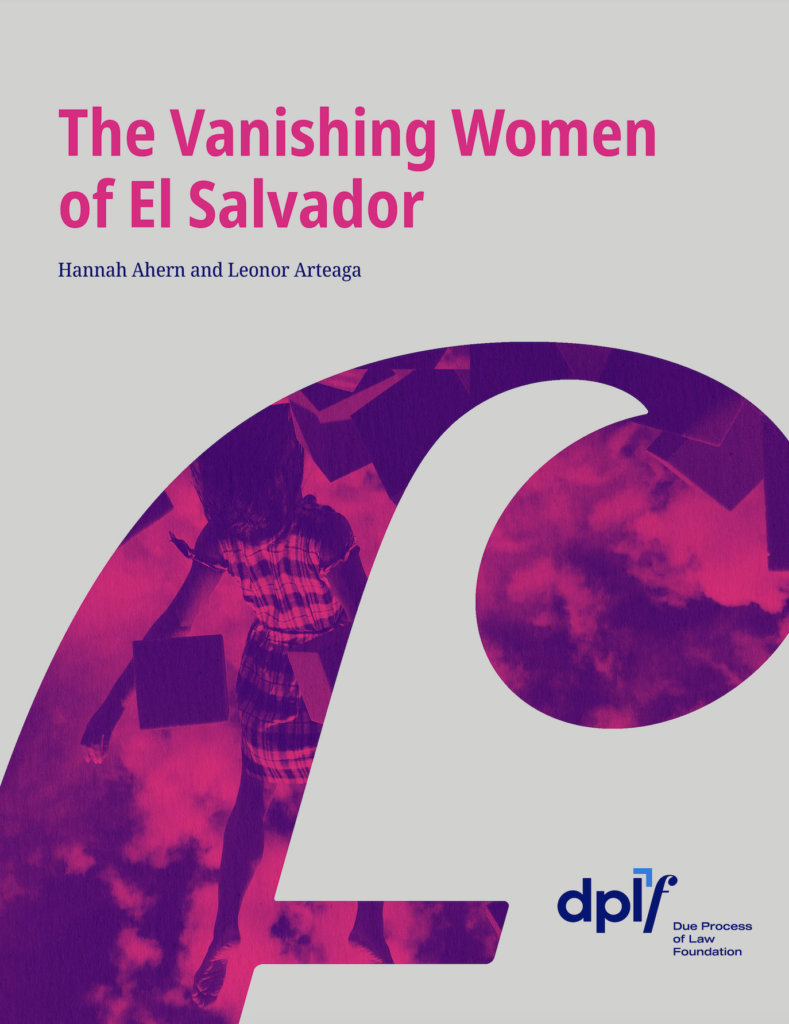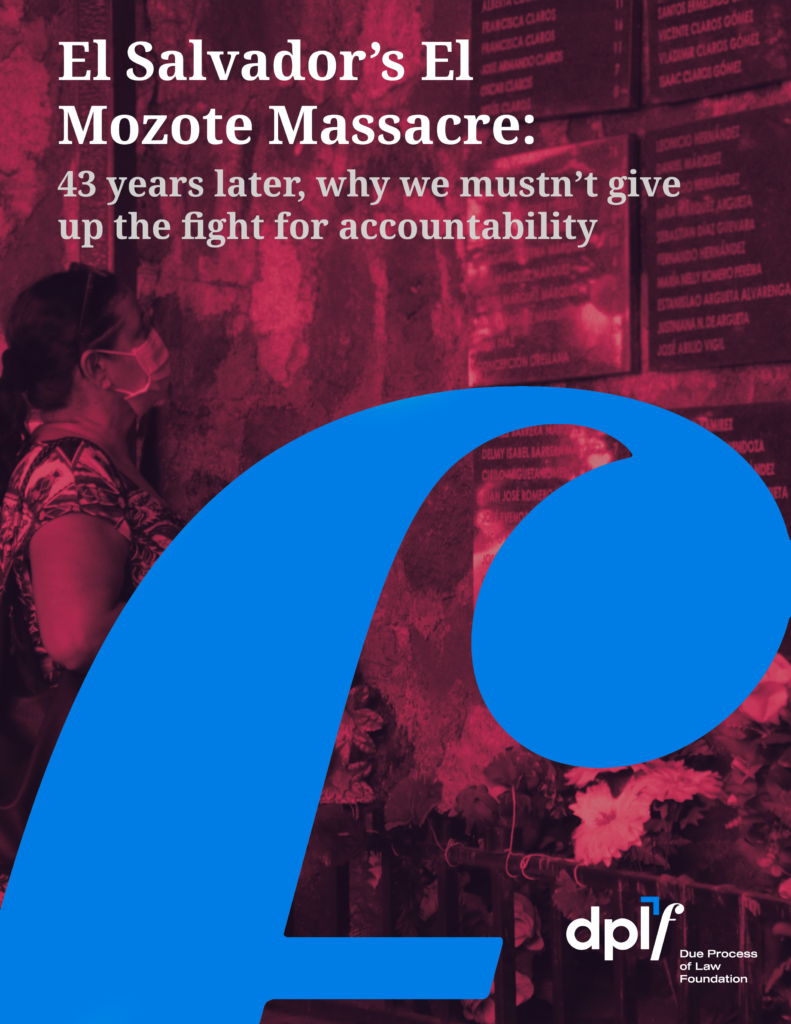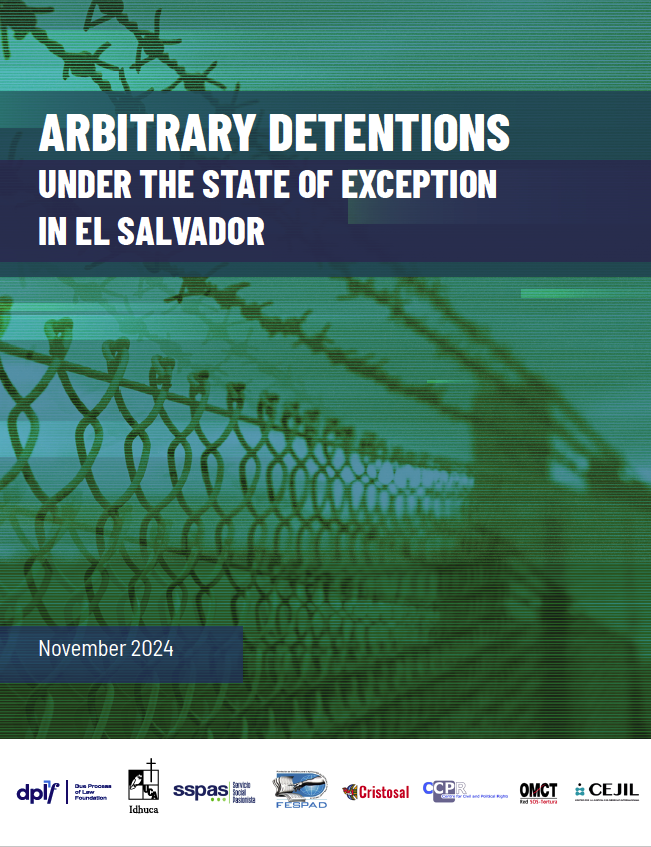Enforced disappearance, which has been used as a tool of repression in a range of settings worldwide, is both a grave human rights violation and, in some circumstances, a crime against humanity. The search for those who have been disappeared –whether forcibly according to international human rights law or through other modalities of disappearance—is, therefore, a crucial State obligation, and searching for the disappeared, and providing associated justice, reparations, and reforms, has become an important dimension of many transitional justice processes.
Several States have created specialized bodies to undertake search for people disappeared and/or forcibly disappeared in contexts of past political violence, or due also to ongoing widespread violence, some of it rooted in macrocriminality. Given the importance of such initiatives, as well as the unique challenges they face, these search bodies potentially have much to gain from exchanges of information and the sharing of best practices, which could help them to be more effective and have greater impact. To date, although some search entities in Latin America have managed to establish interconnections, the rich potential for sharing and exchange between Latin America and Asia remains largely untapped. The report presented here, ‘An Innovative Response to Disappearances: Non-Judicial Search Mechanisms in Latin America and Asia’, therefore considers various non-judicial State search institutions from each of those two regions, discussing their structures and mandates, and the challenges they face.
This research document presents information about the structure and functions of existing State-led mechanisms to search for disappeared persons in four countries in Latin America: Mexico, El Salvador, Peru, and Colombia; and four countries in Asia: Indonesia, Timor-Leste, Sri Lanka, and Nepal. It also provides information about the search for the disappeared in Guatemala and the former Yugoslavia (Bosnia and Herzegovina, Serbia, and Kosovo), where no official State-led mechanisms currently exist. The report draws on analysis of these examples to present lessons and recommendations as to how State search mechanisms can better promote the search for victims of disappearance and serve the needs of victims’ families, thereby contributing more effectively to the transitional justice aims of truth, justice, reparation, and non-repetition.
The report was prepared by the Global Initiative for Justice, Truth and Reconciliation (GIJTR), of which DPLF is a member. GIJTR is a consortium of transitional justice practitioners, advocates, and activists from nine organizations across the globe that seeks to address new challenges in countries experiencing past or ongoing conflict or repression, struggling with the present reality or aftermath of gross abuses. Five GIJTR members, including the Due Process of Law Foundation (DPLF), researched and co-authored this report. The other co-author organizations are Asia Justice and Rights (AJAR), the International Coalition of Sites of Conscience (ICSC), the Forensic Anthropology Foundation of Guatemala (FAFG), and the Humanitarian Law Center (HLC).
The document draws on both desk-based research and interviews with stakeholders from over a dozen countries. Interviewees included members of search mechanisms, civil society organizations, relatives of victims of disappearance, academic experts, and members of human rights bodies. It is dedicated to the relatives of victims of disappearance worldwide, whose tireless efforts to search for their loved ones have long been, and continue to be, the driving force for justice and truth, and the impetus behind State and civil society efforts to search for the disappeared. Without their valiant struggle, the mechanisms studied in this document would never have become a reality.
